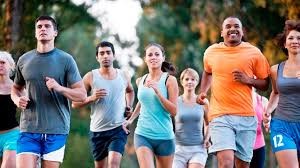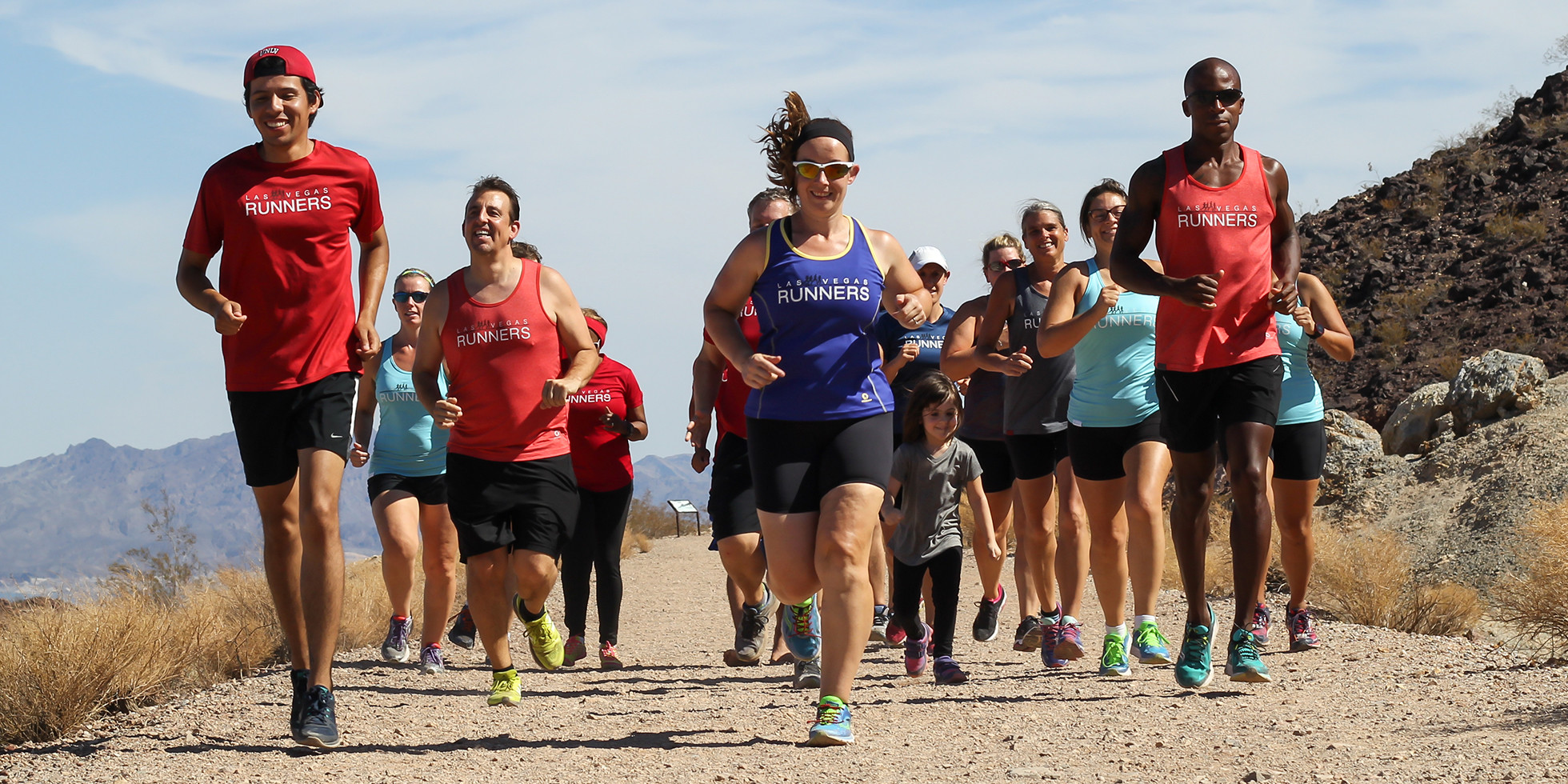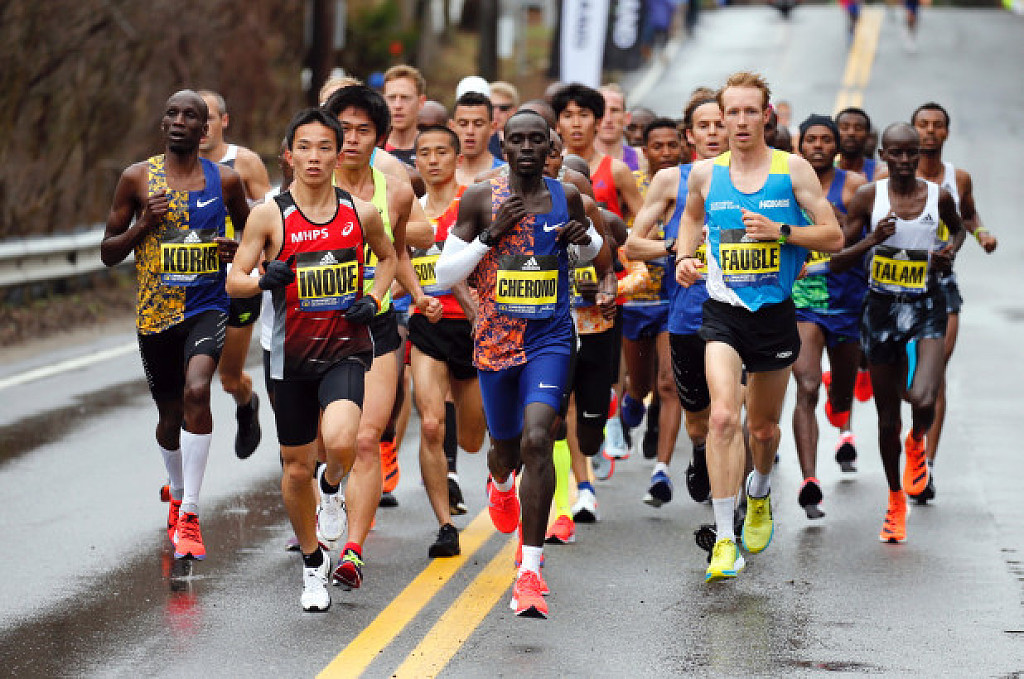Running News Daily
Running News Daily is edited by Bob Anderson. Send your news items to bob@mybestruns.com Advertising opportunities available. Train the Kenyan Way at KATA Kenya and Portugal owned and operated by Bob Anderson. Be sure to catch our movie A Long Run the movie KATA Running Camps and KATA Potato Farms - 31 now open in Kenya! https://kata.ke/
Index to Daily Posts · Sign Up For Updates · Run The World Feed
The secret to a healthier life may lie in the guts of athletes, Scientists who studied runners discovered a type of bacteria that flourished in their digestive tracts
The Veillonella bacteria produce a molecule that helps increase exercise endurance.
The results, published Monday in the journal Nature Medicine, could someday change the way we work out, said microbiologist George Weinstock from the Jackson Laboratory in Farmington, Conn.
“It starts to build the case that someday we may be able to take a Veillonella probiotic just before we are going to exercise, and we'll be able to exercise more” said Weinstock, who wasn’t involved in the study.
Our bodies are teeming with microbes, helping us digest the food we eat and providing us with nutrients that we can’t make ourselves. Studies of these microbes — collectively known as the microbiome — have led to insights into diseases ranging from obesity to arthritis.

Previous research has found that athletes have a very different composition of microbes within their guts compared to non-athletes, but it’s not yet clear how those differences contribute to an athlete’s health.
“It’s the notion of mining the biology of super-healthy people and translating that into nutritional interventions for everyone else,” said study leader Jonathan Scheiman, who began studying the microbiomes of athletes while working at Harvard’s Wyss Institute for Biologically Inspired Engineering.
Almost every day for a week before and after the 2015 Boston Marathon, the Harvard researchers collected stool samples from 15 runners entered in the race as well as from 10 non-athletes, who served as controls. Those samples allowed researchers to see what kinds of microbes were inhabiting subjects’ guts.

When they compared the abundance of the different species of bacteria within those samples, one group in particular jumped out at them.
“We found this one bacterial genus, Veillonella, that was not only in higher abundance in athletes compared to controls, but almost immediately after the marathon there's this spike in abundance,” Scheiman said.
What was especially intriguing about these bacteria was their appetite for a molecule called lactate.
This discovery “was kind of a lightbulb moment because lactate is a metabolite that accumulates in the blood after strenuous exercise,” Scheiman said. ”When your ability to utilize it gets outpaced by your ability to produce it, it then starts to accumulate in the blood, and it tends to be a marker of fatigue.”
This connection between Veillonella, lactate, and exercise prompted the researchers to wonder whether giving Veillonella to mice might affect their endurance.
by STEPHANIE DEMARCO
Login to leave a comment




